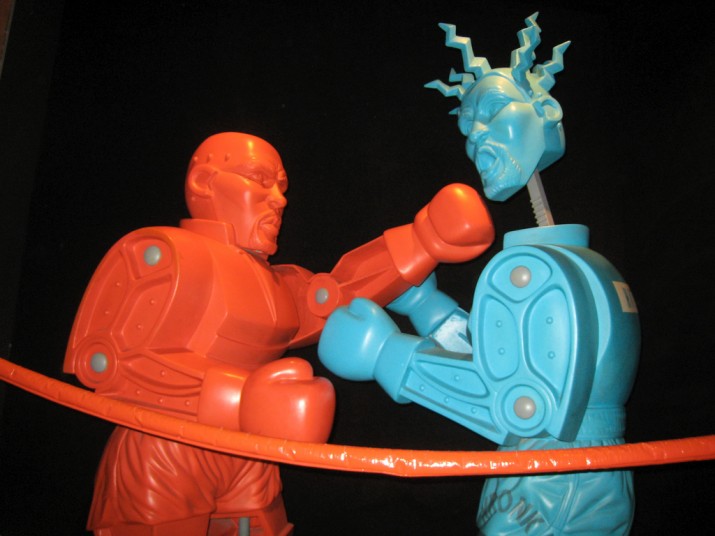
One of the most important decisions to make before having your website developed is whether to a CMS based dynamic website or static website. It is a common question business owners and individuals face every time they decide to make a website. Even though CMSs like WordPress are very popular today, static websites also have their own benefits and use. Let’s take a detailed look at what these are and which one you should prefer for your next website project.
What is a Static Website?
Static website is developed from the ground up, written in code – CSS3, HTML5, PHP and JQuery. It is built entirely by the designers and developers. With static websites, you can have more freedom in designing layouts, every element of page can be twisted, allowing great precision in the designs you create. Static website is much faster to develop, reducing designers’ workload and makes them more affordable. Usually static websites are brochure type sites where content does not need to be changed. Updates, whenever required, will normally have to be done by developers.Pitfalls Of Static Websites:
- There is a latent complexity in updating. Even a minor error within the code can disrupt the whole layout of the web page.
- Additional costs are required to pay to web developers for modifications.
- Search engines won’t favor static websites with static content over a similar website that has its content regularly updated.
- Pay lower development cost. Static websites are built in a less amount of time.
- They have simple web hosting requirements. They do not require a database to store their content in.
- Easy to build own website with WYSIWYG tools. Get various cost effective software packages designed to allow users to make their own websites visually appealing, without having much knowledge of HTML.
What is a CMS (Content Management System)?
A CMS is a dynamic website, designed to be scalable when it comes to content development and most importantly its features. Users are empowered to update content at their convenient time, without breaking the website layout. Frequent content updation is always possible with web pages, blogs, photo galleries and more. The of the most popular CMS platforms include WordPress, Joomla and Drupal, in that order of popularity.Pitfalls Of A CMS Website:
- It needs a greater cost of web development. You would also require a professional CMS developer for making your website.
- To know how to work with CMS websites, you need to learn how it is structured so you can control naming, categories, menus, etc.
- Customers who have slower bandwidth may have to wait a little longer for their CMS website to load. CMS driven websites include media like dynamic content and images and if not optimized for web, can slow down a website, hampering user experience.
- As a user, you get full control over the content of your website without the need for knowledge of HTML, CSS or other languages. CMS customization can be done easily, whether you do it yourself or hire someone to do it.
- It depends on what type of CMS you pick; there can be a huge collection of content types to work with beyond just text, photos, audio or video.
- It is SEO friendly. Websites that update content regularly gain more of an attention from search engines (like Google) and will often rank higher in search engine results (SER) pages that are an essential competitive aspect for business websites.